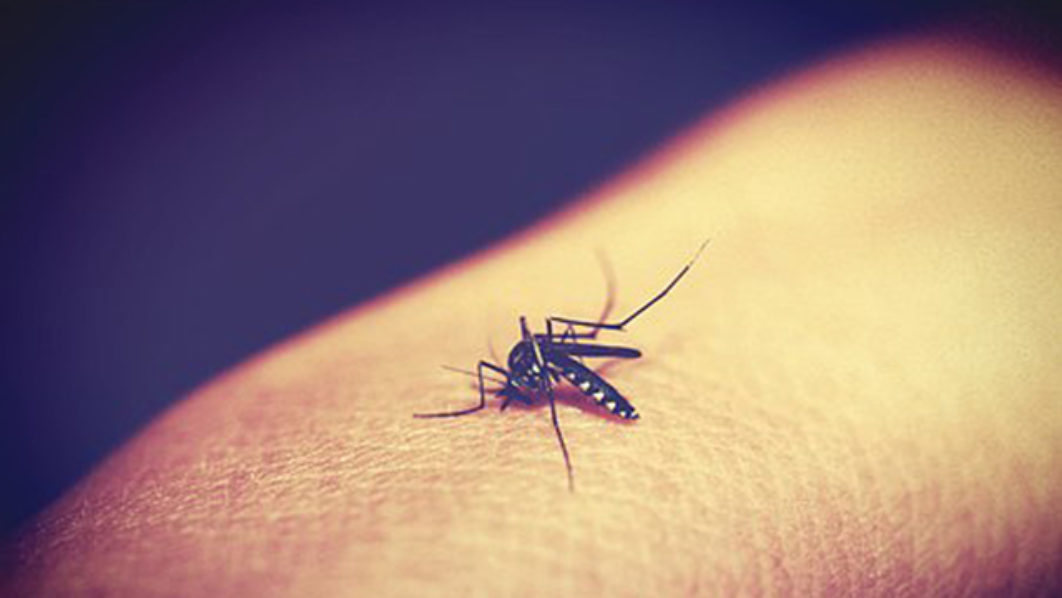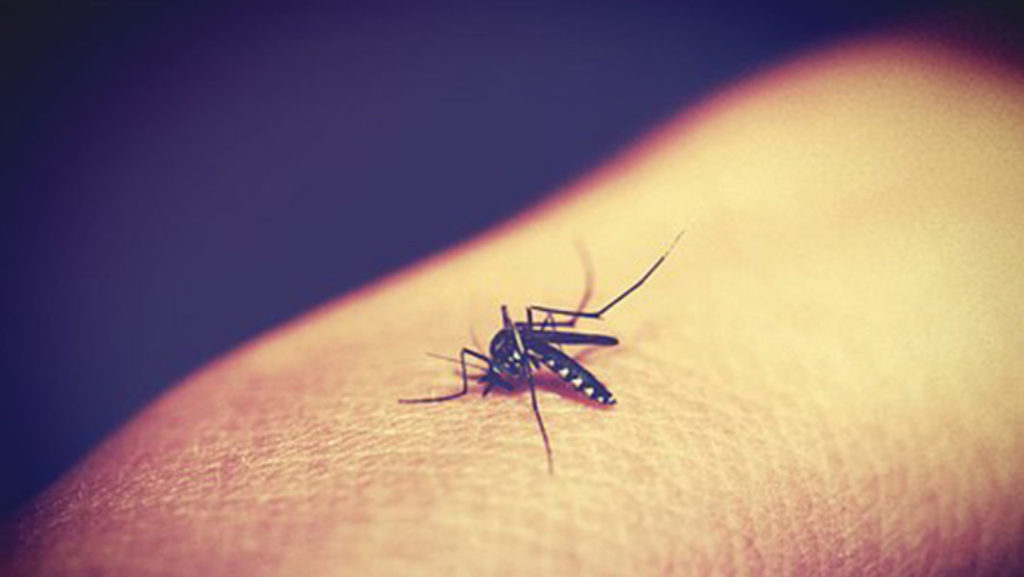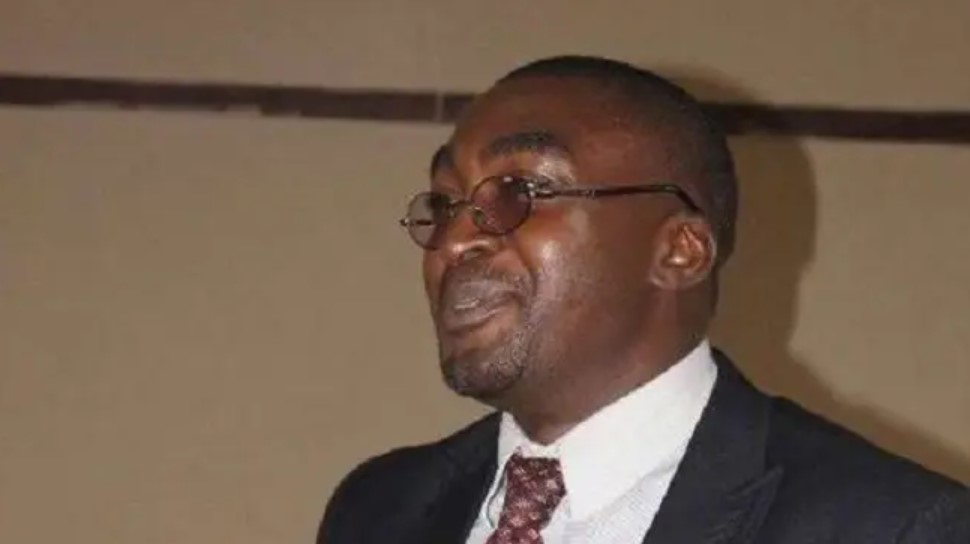
Experts reel out measures to achieve zero malaria in Nigeria
- Health Sector
- No Comment
- 251
State governments and healthcare professionals have said there is need for Nigeria to ensure that zero malaria target is achieved, just as they reeled out strategies deployed in combatting the disease in the various states across the country.
They stated this during the St Racheal’s Pharma 2021 World Malaria Day Colloquium with the theme: Reaching the Zero Malaria Target.
The Chairman and Chief Executive Officer, St. Racheal’s Pharma, Akinjide Adeosun, said in order to reach zero malaria target in Nigeria, there must be increased funding for anti-malaria initiatives, as well as optimise existing anti malaria funds utilisation in all states across the country.
In his opening remark titled: “Hope For A Zero Malaria Future In Nigeria”, Adeosun said with Nigeria’s huge population of 205 million people and a Gross Domestic Product (GDP) of over $400billion, the sub-national and national governments should allocate one percent of their 2022-2032 budgets to anti-malaria initiatives.
Adeosun also urged the governments to broaden access to micro-insurance, especially to the economically and geographically disadvantaged, as well as develop national malaria database to address paucity of data to drive targeted interventions.
He further called for increased access to diagnostics (rapid diagnostic test) and procurement of safe, high quality and affordable anti-malarial as well as increased awareness of the citizenry on malaria prevention, testing and treatment.
He, however, called for increased private sector participation in anti-malaria programmes and initiatives, adding that with these realities, Nigeria can surmount the 23 per cent of global malaria death burden, which according to him, is at least 30 times greater than the COVID-19 fatality in Nigeria in 2019.
The wife of the Deputy Governor of Imo State, Dr. Bola Njoku, lamented that government’s lack the capacity and political will for sustainability of approaches put in place to tackle the burden of malaria in the country.
She said unfortunately, Nigeria depends highly on developing partners for her sustainable programmes on malaria prevention and treatment, and seeing it as the only way the country can move forward.
She said most of the drugs; consumables and commodities used in the fight against malaria in Nigeria are imported as none is produced locally.
“Are we going to fold our arms and continue to bring in everything from abroad? Then how sustainable will this programme be at the end of the day? How are we going to achieve zero malaria, which is our ultimate objective? We need to confront the issues ahead of us,” she said.
Njoku also lamented that health is grossly underfunded in Nigeria, noting that the little funds are not well utilised nor programmes integrated to yield optimum results in malaria elimination.
Njoku further bemoaned the scope of insurance across the states in the country, noting that those in the hinterlands are not covered in all the insurance policies, while calling for implementation of community health insurance to cater for the grassroots.
“In the hinterland most of them are neglected and that is where the focus of the action is supposed to be because they don’t have access to health facilities most times, they also don’t have the disposable income to spend on even buying Panadol for as little as N100.
“Therefore, if we are talking about insurance, we must take it to the grassroots. We must think about community health insurance that can absorb our people and stop catastrophic spending, money they should use for eating, they are using it for treatment of disease.
“If we take care of all these things definitely the morbidity and mortality from malaria will automatically drop,” she added.
Also speaking, the Quality Assurance Manager, Vcare Diagnostics Limited, Prince Abiola Adejumobi, said we have a huge work to do in Nigeria and Africa to achieve zero incidence for malaria.
According to him, reaching zero malaria incidence involves effect vector elimination approach by the use of chemical agents, that is, the insecticide; case identification, which involves laboratory diagnosis and effective chemotherapy for the patient, which is the use of drugs, vaccines and every other agents to enable the affected patients recover.
He said medical laboratory approach is very critical for the elimination of malaria, adding: “If we really want to break that transmission chain, getting diagnosis and identifying people that have malaria is very key to enable us treat them on time and if possible isolate them like the same thing we did for COVID-19. This will actually go a long way in helping to solve the problem of malaria elimination.”
Also speaking, the Commissioner for Health, Oyo State, Dr. Bashir Bello, said the state has applied several workable strategies to ensure total elimination in the state, which has shown a positive results according to statistics.
Written By: Adaku Onyenucheya
Source: TheGuardian
Link: https://m.guardian.ng/features/experts-reel-out-measures-to-achieve-zero-malaria-in-nigeria/amp/?s=08






